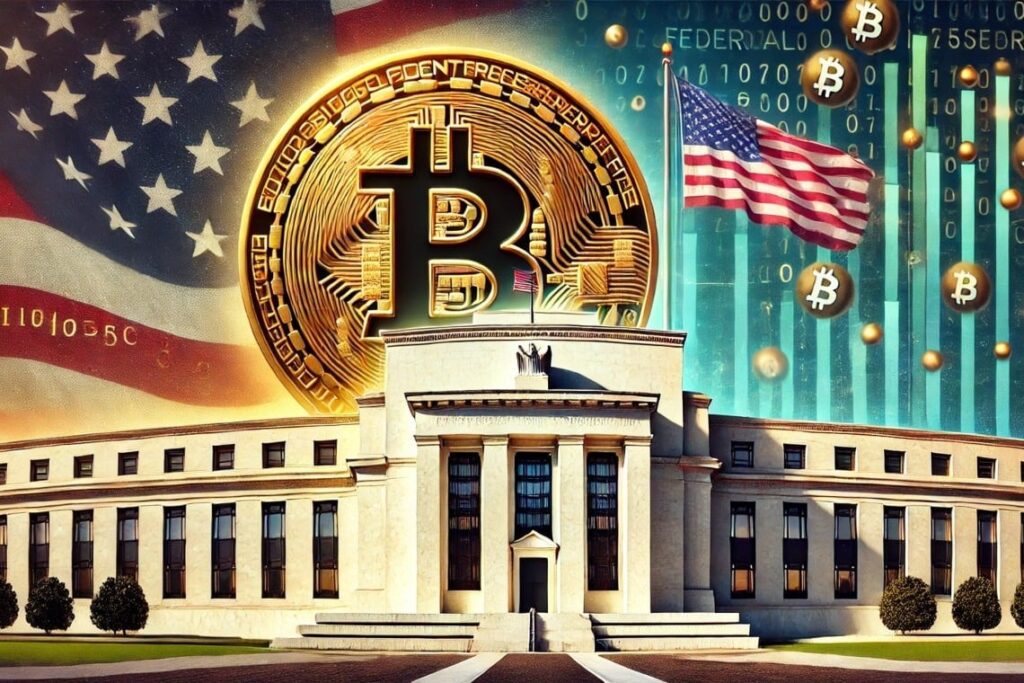On Tuesday, a major hearing of the Digital Assets Subcommittee of the US Congressional Financial Services Committee was held, with the regulation of DeFi (decentralized finance) at the center of the debate.
DeFi is revolutionizing the world of global finance, offering new opportunities but also raising multiple challenges, particularly in terms of regulation and security.
During the hearing, lawmakers discussed how to address these complex issues, emphasizing the need to create a clear and secure regulatory framework for DeFi.
Rep. Maxine Waters, the ranking Democrat on the House Financial Services Committee, has taken a particularly critical stance, leveling harsh criticism at cryptocurrency projects like Liberty Global Financialsupported by former President Donald Trump.
The Growing Importance of DeFi in the US Congress
In recent years, DeFi has become a major focus of U.S. lawmakers and regulators. DeFi, short for decentralized finance, uses blockchain to eliminate traditional intermediaries such as banks and financial institutions, enabling direct transactions between users via smart contracts.
This has led to rapid growth in the sector, but comes with significant risks, including money laundering, fraud and tax evasion.
In the US Congress, DeFi regulation has been a hotly debated topic, with some lawmakers viewing decentralized finance as an opportunity for financial innovation, while others express concerns about the lack of controls and oversight.
At Tuesday’s hearing, members of the subcommittee explored ways the government could implement stricter regulations to protect investors and ensure the stability of the financial system, without stifling technological innovation. The goal is to strike a delicate balance between promoting innovation and protecting users from associated risks.
Maxine Waters’ Criticism of the World Liberty Financial Project
One of the most striking moments of the hearing was Representative Maxine Waters’ strong criticism of Liberty Global Financiala cryptocurrency project closely tied to former President Donald Trump. Waters, a leading Democratic voice on financial services regulation, has accused the project of being a potential threat to economic stability and investor safety.
According to Waters, projects like World Liberty Financial can take advantage of the lack of clear regulation to operate outside the bounds of traditional norms, exposing participants to the risk of significant losses.
His main concern is that the growing popularity of such crypto projects could push more and more people to invest in unregulated and high-risk financial instruments, thus undermining confidence in the financial system as a whole.
Waters also noted that the connection between projects like World Liberty Financial and influential political figures, such as Donald Trump, can further complicate efforts to effectively regulate DeFi. According to the congresswoman, it is essential to maintain a rigorous approach to prevent cryptocurrencies from being used as tools of manipulation or for illicit purposes.
The need for a clear regulatory framework for DeFi
Tuesday’s hearing highlighted the growing pressure on the U.S. Congress to develop a clear and adequate regulatory framework for DeFi. Industry experts and lawmakers agree that without swift action, the risks associated with decentralized finance could multiply.
One of the trickiest aspects of DeFi regulation is its decentralized nature. While traditional financial institutions can be controlled and regulated by specific bodies, DeFi operates in an ecosystem devoid of centralized governance, making it difficult to enforce traditional laws.
However, many lawmakers believe that innovative solutions can be found, such as creating specific requirements for DeFi service providers or requiring transparency for platforms that manage digital assets.
Tuesday’s hearing represented an important step toward that goal, but the road to full DeFi regulation is still long and complex.
Maxine Waters’ comments and criticism of projects like World Liberty Financial underscore the urgency of finding a solution that addresses the challenges posed by decentralized finance while protecting the integrity of the U.S. financial system.

